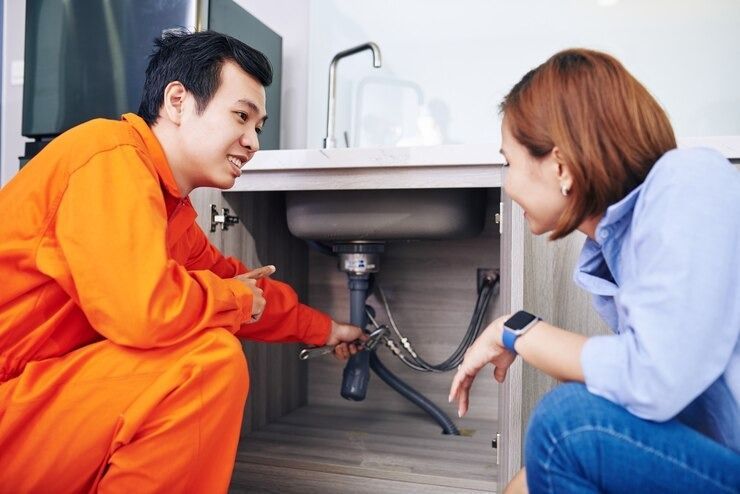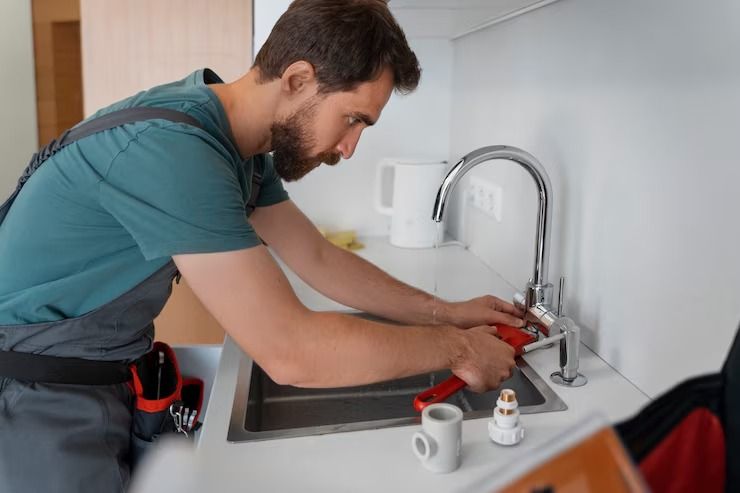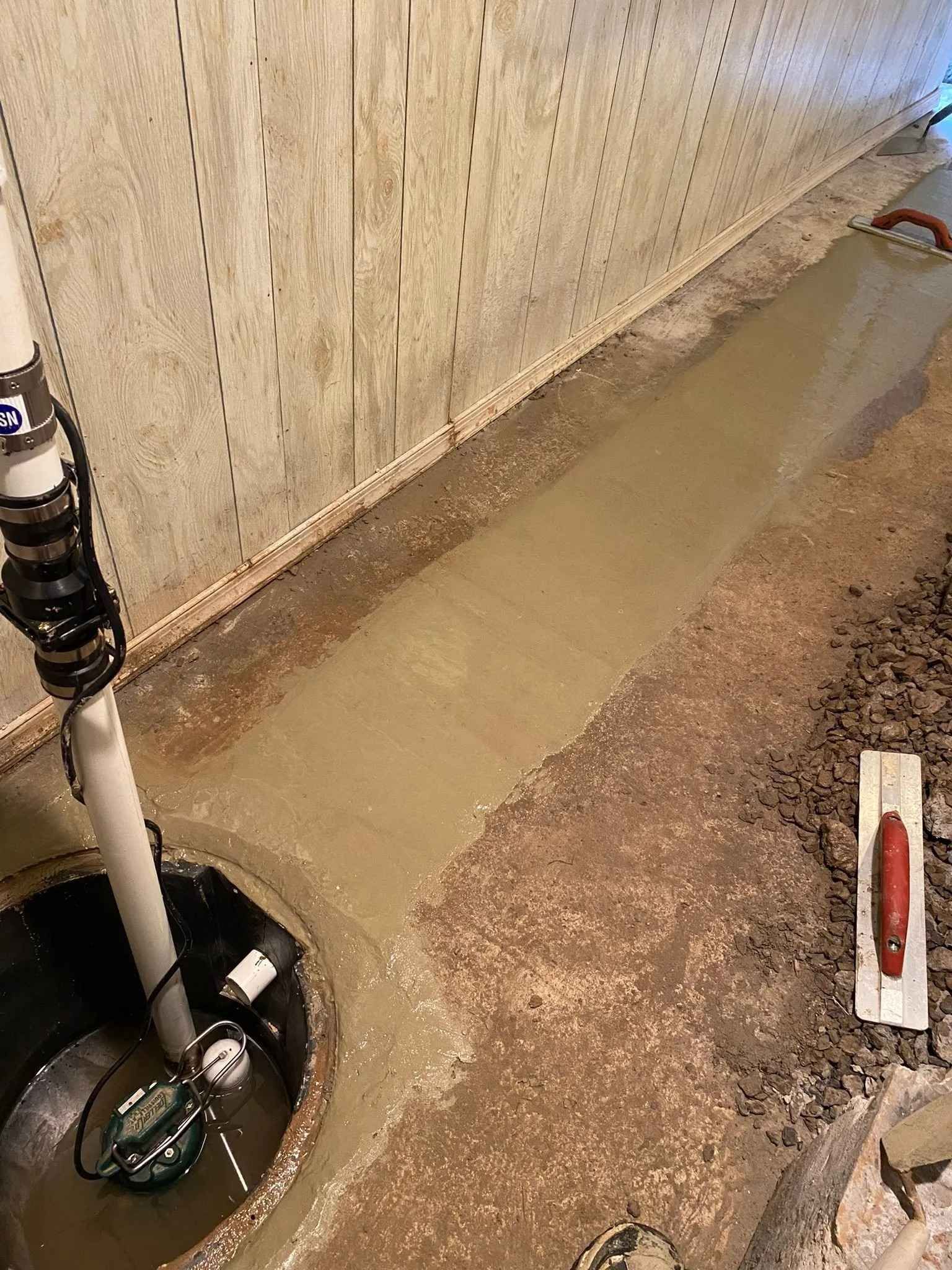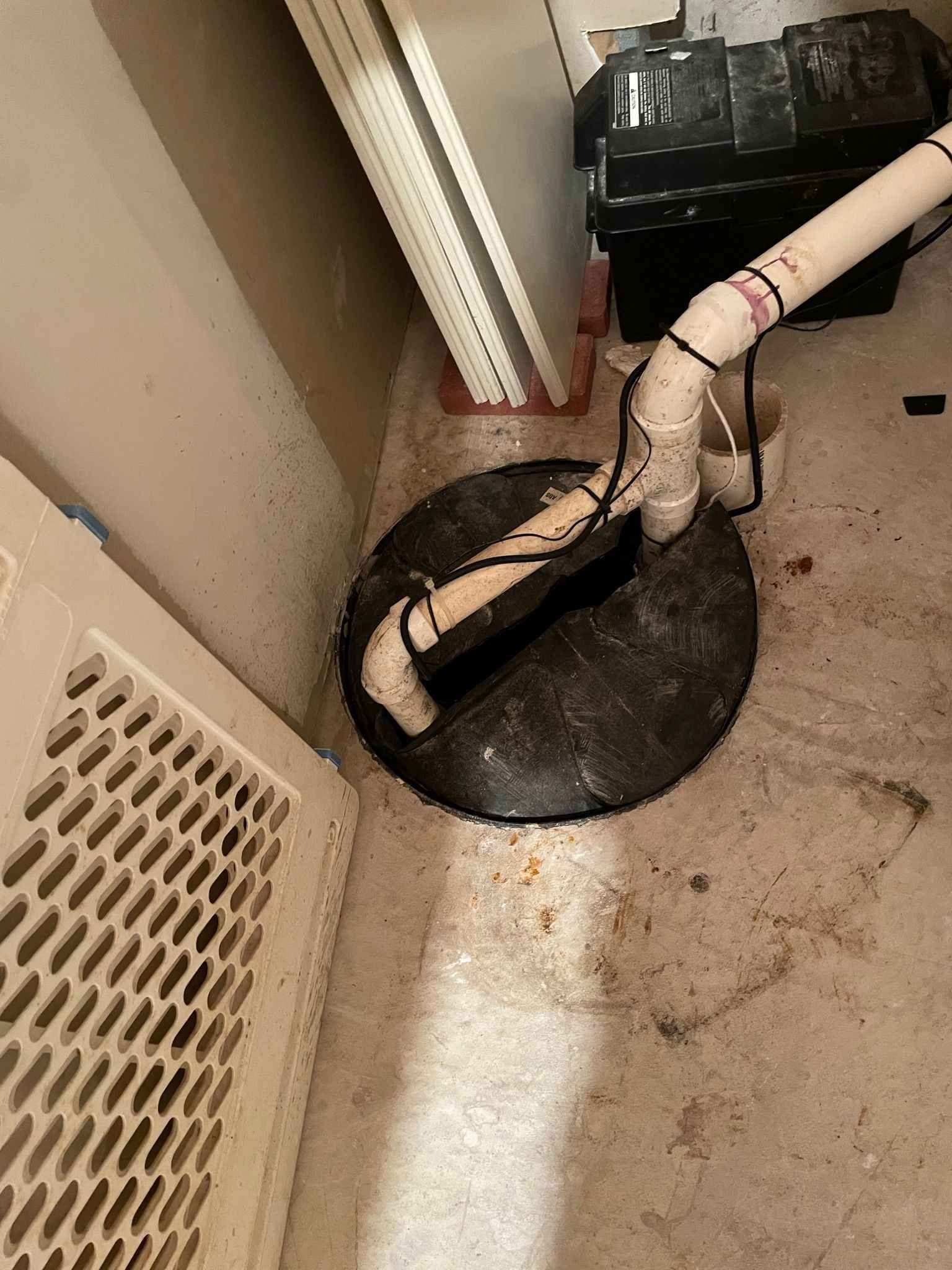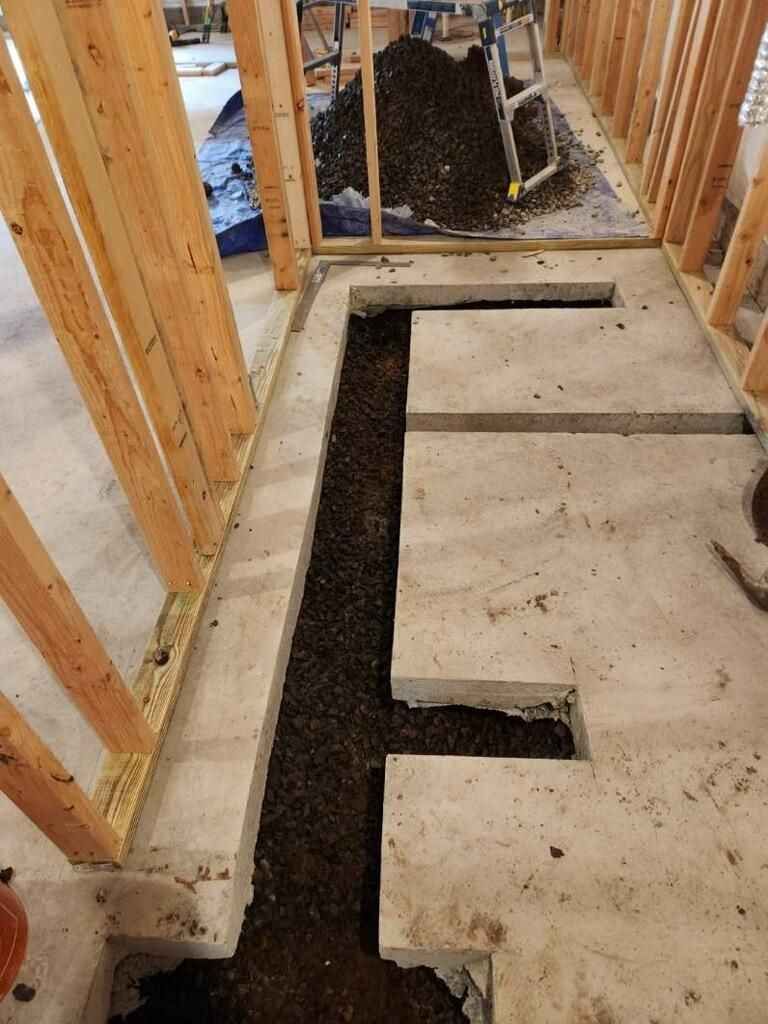Your Future in Plumbing: Discover Where to Get a Plumbing License
Your Future in Plumbing: Discover Where to Get a Plumbing License

Are you considering a career in plumbing? It's a profession that not only promises stability but also offers substantial opportunities for growth and independence. Whether you're drawn to the problem-solving aspects, the hands-on nature of the work, or the lucrative potential, plumbing can be a highly rewarding career choice. This article will guide you through the process of obtaining a plumbing license in Pennsylvania, detailing the steps, requirements, and considerations you need to keep in mind. Let's dive in and discover where to get a plumbing license and how it can shape your future.
Understanding the Requirements in Pennsylvania
Education and Training
In Pennsylvania, aspiring plumbers must meet specific educational and training requirements before applying for a license. Typically, this begins with obtaining a high school diploma or GED. Following this, one must complete a formal apprenticeship program, which combines classroom instruction with on-the-job training. These programs, often provided by unions, trade schools, or employers, usually last 4-5 years.
Apprenticeships are crucial because they offer hands-on experience under the supervision of a licensed plumber. Apprentices learn various skills, from installing and repairing pipes to understanding building codes and safety regulations. For example, a typical apprenticeship might involve 144 hours of classroom instruction annually and 2,000 hours of practical training.
Examination and Licensing
After completing the apprenticeship, the next step is to pass a state or local licensing exam. In Pennsylvania, licensing requirements can vary by municipality, so it's important to check the specific requirements in your area. Generally, the exam tests knowledge of plumbing codes, regulations, and practical skills.
For instance, Philadelphia requires plumbers to pass a city-specific exam, while other regions might follow state guidelines. Preparing for these exams often involves reviewing plumbing codes, studying installation techniques, and practicing problem-solving scenarios. Many candidates also take preparatory courses to increase their chances of success.
The Path to Becoming a Journeyman Plumber
Once you pass the licensing exam, you earn the title of Journeyman Plumber. This license allows you to work independently on most residential and commercial plumbing projects. However, it’s essential to keep up with continuing education requirements to maintain your license.
Continuing education ensures that plumbers stay updated with the latest industry standards, technological advancements, and safety protocols. These courses can be taken online or in-person and typically cover topics like new plumbing codes, innovative plumbing technologies, and best practices for installation and repair.
Advancing to a Master Plumber
For those looking to advance their careers, obtaining a Master Plumber license is the next step. This level of licensure often requires additional years of experience as a Journeyman Plumber, along with passing a more comprehensive exam. Master Plumbers can supervise apprentices and Journeymen, design plumbing systems, and work on larger and more complex projects.
In Pennsylvania, the requirements for a Master Plumber license include several years of experience, a clean work record, and successful completion of the Master Plumber exam. This exam typically covers advanced topics such as system design, complex installations, and detailed code compliance.
The Implications of Licensing on Your Career
Job Opportunities and Earnings
Obtaining a plumbing license opens up numerous job opportunities. Licensed plumbers are in high demand due to the essential nature of their work. From residential repairs to large-scale commercial projects, the scope of work is vast and varied. Moreover, licensed plumbers tend to earn significantly more than their unlicensed counterparts. According to the Bureau of Labor Statistics, the median annual wage for plumbers in Pennsylvania is around $58,000, with Master Plumbers earning even higher.
Professional Credibility and Trust
A plumbing license also enhances professional credibility. Customers and employers are more likely to trust and hire licensed plumbers, knowing they have met stringent education and training requirements. This trust translates into more job offers, higher pay, and a steady flow of work.
Broader Implications and Perspectives
Safety and Compliance
Licensing ensures that plumbers adhere to safety and building codes, which is critical for public health and safety. Licensed plumbers are trained to handle hazardous materials, prevent water contamination, and ensure safe installations, protecting both their clients and the community.
Economic Impact
The plumbing industry plays a significant role in the economy. Licensed plumbers contribute to the construction and maintenance of infrastructure, support other trades, and create jobs. Their work is essential for the functioning of homes, businesses, and public facilities, making it a cornerstone of economic stability and growth.
Conclusion
Embarking on a plumbing career in Pennsylvania is a journey that requires dedication, education, and hands-on experience. By understanding the licensing requirements, pursuing the necessary training, and passing the licensing exams, you can secure a promising future in this essential trade.
Are you ready to take the plunge into a fulfilling plumbing career? Discover where to get a plumbing license and start building your future today with On Point Plumbing. Whether you're just starting out or looking to advance your career, the path to becoming a licensed plumber is clear and attainable. Start your journey now and unlock the doors to endless opportunities.


